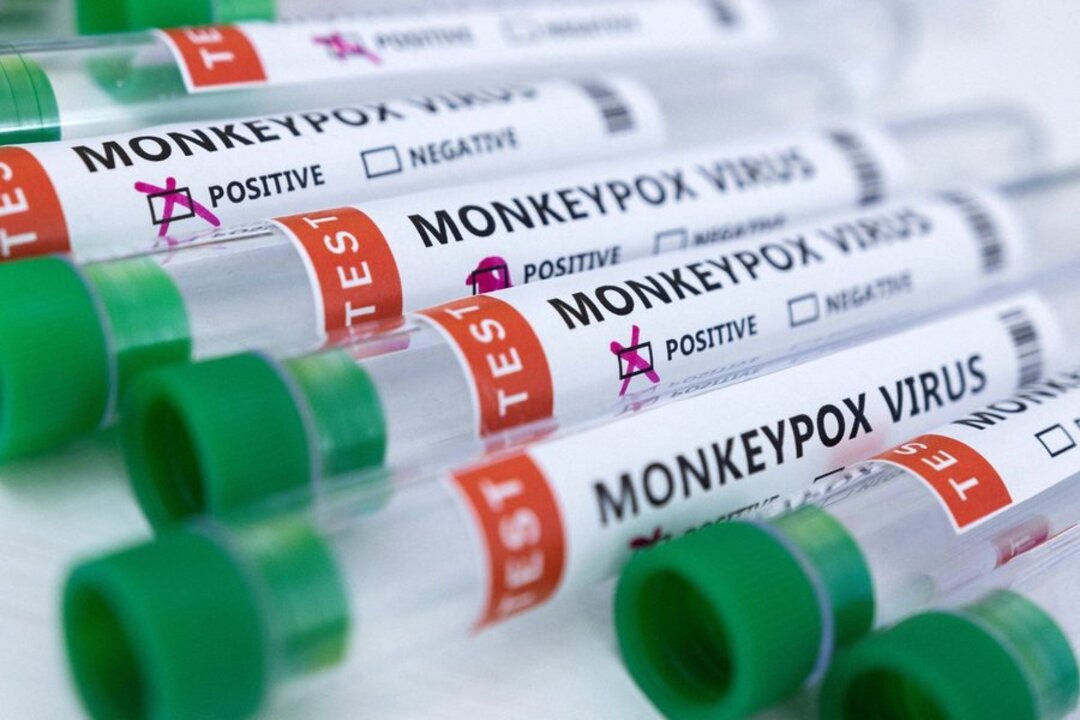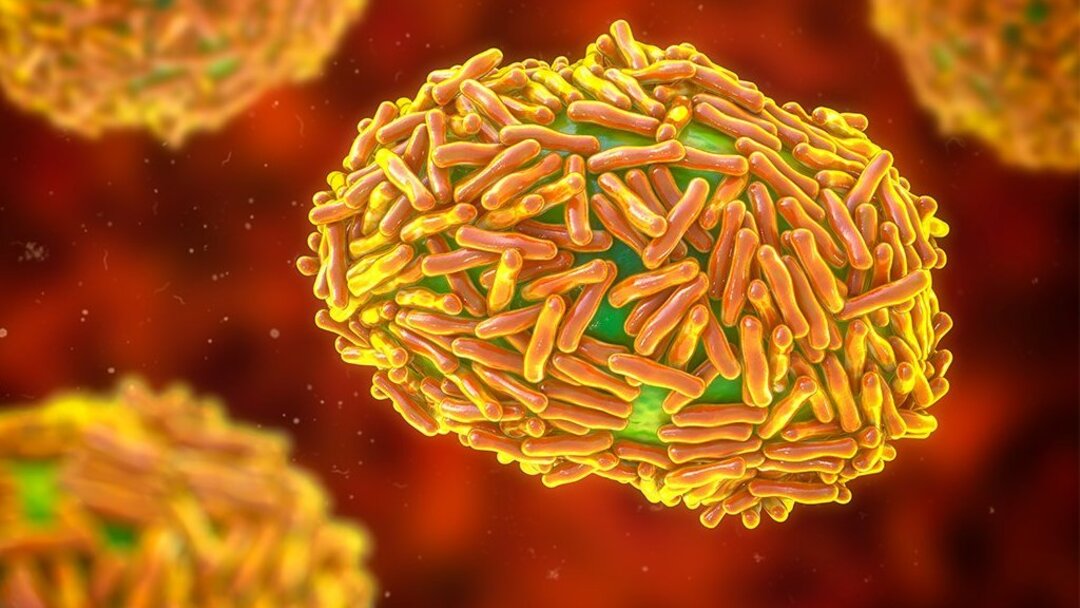-
Patient with new strain of monkeypox hospitalized in U.K.

British health officials have confirmed that a new strain of monkeypox has been discovered in the UK.
The UK Health Security Agency said on Thursday (Sep 1) that a person who had recently travelled to West Africa was diagnosed with a monkeypox strain that was different from the one currently circulating in the UK.
UKHSA said in a statement: "Preliminary genomic sequencing conducted by UKHSA indicates that this case does not have the current outbreak strain circulating in the UK.”
This discovery reveals a third category of monkeypox. Previously, monkeypox was known to have two variants, Clade I and Clade II, which were respectively known as the Congo Basin and West African clades.
The person, who remains unnamed, is now at the High Consequence Infectious Disease unit at the Royal Liverpool University Hospital.

The British health agency said that no other cases had been identified as of Thursday, and that contact tracing is currently being carried out.
WHO reports more than 41,000 cases of monkeypox globally
Sophia Maki, incident director of the UK Health Security Agency, said: “We are working to contact the individuals who had close contact with the case prior to confirmation of their infection, to assess them as necessary and provide advice.”
She added that the risk to the public was still “very low” due to infection control procedures.
According to the CDC, 52,090 cases have now been reported worldwide, of which 19,465 have been found in the U.S.
You May Also Like
Popular Posts
Caricature
BENEFIT Sponsors BuildHer...
- April 23, 2025
BENEFIT, the Kingdom’s innovator and leading company in Fintech and electronic financial transactions service, has sponsored the BuildHer CityHack 2025 Hackathon, a two-day event spearheaded by the College of Engineering and Technology at the Royal University for Women (RUW).
Aimed at secondary school students, the event brought together a distinguished group of academic professionals and technology experts to mentor and inspire young participants.
More than 100 high school students from across the Kingdom of Bahrain took part in the hackathon, which featured an intensive programme of training workshops and hands-on sessions. These activities were tailored to enhance participants’ critical thinking, collaborative problem-solving, and team-building capabilities, while also encouraging the development of practical and sustainable solutions to contemporary challenges using modern technological tools.
BENEFIT’s Chief Executive Mr. Abdulwahed AlJanahi, commented: “Our support for this educational hackathon reflects our long-term strategic vision to nurture the talents of emerging national youth and empower the next generation of accomplished female leaders in technology. By fostering creativity and innovation, we aim to contribute meaningfully to Bahrain’s comprehensive development goals and align with the aspirations outlined in the Kingdom’s Vision 2030—an ambition in which BENEFIT plays a central role.”
Professor Riyadh Yousif Hamzah, President of the Royal University for Women, commented: “This initiative reflects our commitment to advancing women in STEM fields. We're cultivating a generation of creative, solution-driven female leaders who will drive national development. Our partnership with BENEFIT exemplifies the powerful synergy between academia and private sector in supporting educational innovation.”
Hanan Abdulla Hasan, Senior Manager, PR & Communication at BENEFIT, said: “We are honoured to collaborate with RUW in supporting this remarkable technology-focused event. It highlights our commitment to social responsibility, and our ongoing efforts to enhance the digital and innovation capabilities of young Bahraini women and foster their ability to harness technological tools in the service of a smarter, more sustainable future.”
For his part, Dr. Humam ElAgha, Acting Dean of the College of Engineering and Technology at the University, said: “BuildHer CityHack 2025 embodies our hands-on approach to education. By tackling real-world problems through creative thinking and sustainable solutions, we're preparing women to thrive in the knowledge economy – a cornerstone of the University's vision.”
opinion
Report
ads
Newsletter
Subscribe to our mailing list to get the new updates!






















